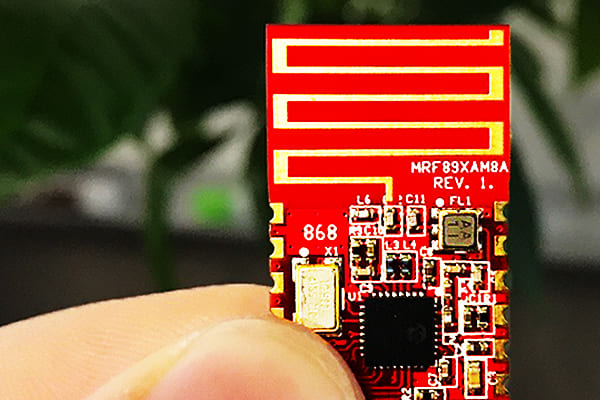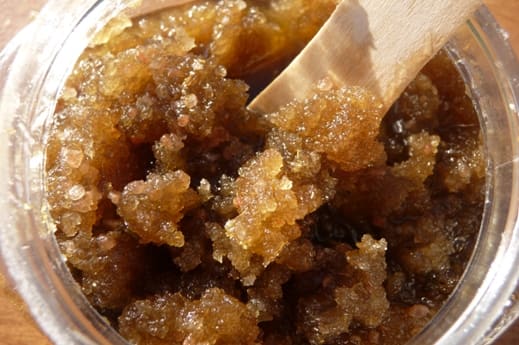BENGALURU: In last year's Budget, finance minister Arun Jaitley promised a health cover of Rs 1 lakh for each poor family under the National Health Protection Scheme, meant to replace the UPA's government's Rashtriya Swasthya Bima Yojana (RSBY). However, with the programme yet to see the light of day, the Centre is forced to continue with RSBY, which seems to be losing ground.
An RTI query filed by TOI has revealed that the number of states covered under RSBY fell to 15 in 2016-17, the lowest since 2008, when the scheme was launched. Sources in the Union health ministry say most states are not keen on implementing RSBY.
"We have been asking every state to implement RSBY to provide cashless health insurance to BPL households and 11 other defined categories of unorganised workers. But unfortunately, many have opted out for various reasons. While some are not interested to continue Congress' flagship scheme and are awaiting the new one, others claim to have their own insurance schemes," said a senior health ministry official. He said they had already got an extension for RSBY till March 2018.
Introduced by the labour ministry in 2008 for poor unorganised workers, RSBY was extended to all BPL families after the health ministry took over in 2015. Under RSBY, a cashless health cover of up to Rs 30,000 is provided for a maximum of five members of a family.
According to the RTI reply, the 15 states covered are — Karnataka, Kerala, West Bengal, Chhattisgarh, Odisha, Gujarat, Himachal Pradesh, Uttarakhand, Bihar, Assam, Manipur, Meghalaya, Mizoram, Nagaland and Tripura. Of these, 10 have non-NDA chief ministers, which indicates most BJP-led states have opted out. The number of enrolled families dropped from 4.13 crore in 2015-16 to 3.63 crore in 2016-17.
The number of empanelled private hospitals also came down from 7,865 in 2009-10 to 4,926 in 2016-17. "All these indicators reflect that RSBY is faltering," said Dr Anup Karan, one of the authors of a study on RSBY.
An RTI query filed by TOI has revealed that the number of states covered under RSBY fell to 15 in 2016-17, the lowest since 2008, when the scheme was launched. Sources in the Union health ministry say most states are not keen on implementing RSBY.
"We have been asking every state to implement RSBY to provide cashless health insurance to BPL households and 11 other defined categories of unorganised workers. But unfortunately, many have opted out for various reasons. While some are not interested to continue Congress' flagship scheme and are awaiting the new one, others claim to have their own insurance schemes," said a senior health ministry official. He said they had already got an extension for RSBY till March 2018.
Introduced by the labour ministry in 2008 for poor unorganised workers, RSBY was extended to all BPL families after the health ministry took over in 2015. Under RSBY, a cashless health cover of up to Rs 30,000 is provided for a maximum of five members of a family.
According to the RTI reply, the 15 states covered are — Karnataka, Kerala, West Bengal, Chhattisgarh, Odisha, Gujarat, Himachal Pradesh, Uttarakhand, Bihar, Assam, Manipur, Meghalaya, Mizoram, Nagaland and Tripura. Of these, 10 have non-NDA chief ministers, which indicates most BJP-led states have opted out. The number of enrolled families dropped from 4.13 crore in 2015-16 to 3.63 crore in 2016-17.
The number of empanelled private hospitals also came down from 7,865 in 2009-10 to 4,926 in 2016-17. "All these indicators reflect that RSBY is faltering," said Dr Anup Karan, one of the authors of a study on RSBY.
Get latest news & live updates on the go on your pc with News App. Download The Times of India news app for your device.
















